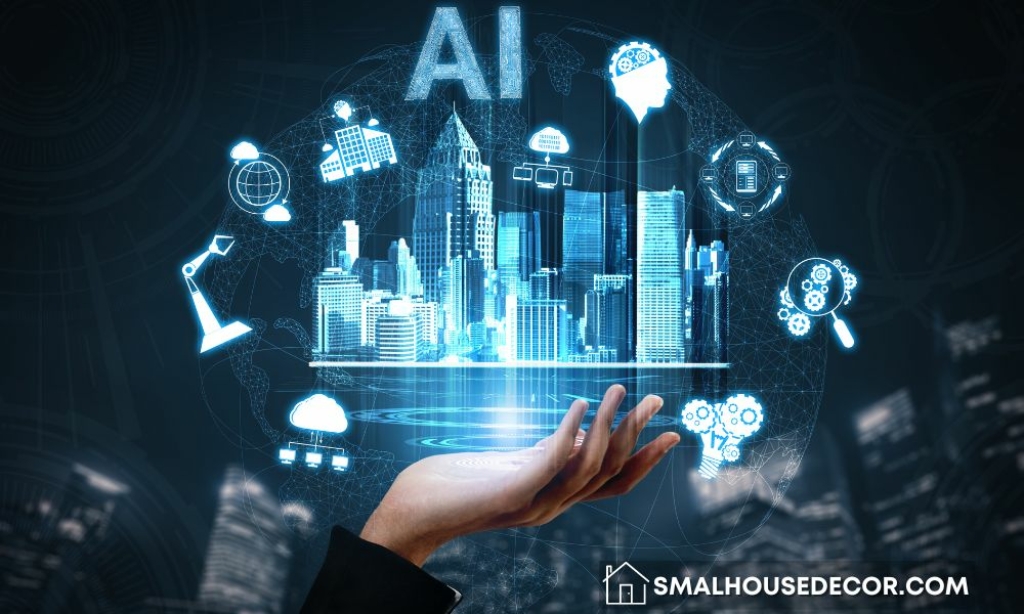The cyber threat landscape constantly changes and requires robust and intelligent cybersecurity solutions. Strengthening cybersecurity measures is crucial as more and more areas go online, so every user needs to protect their financial and confidential data.
Fortunately, AI infrastructure offers excellent solutions to improve online data protection. You can integrate them into your products thanks to GCore’s developments, which provide innovative approaches to solving the problem of insufficient data security.

Understanding the Role of AI in Cybersecurity
AI, short for Artificial Intelligence, is like a brainy sidekick that helps keep our digital world safe. It’s a technology that enables machines to learn from data and make intelligent decisions. So how does it fit into the realm of cybersecurity? Well, think of AI as a super-sleuth detective with an uncanny ability to spot suspicious behavior and patterns in the vast ocean of digital data.
AI can be your cyber guardian, tirelessly scanning networks, systems, and even emails for any signs of trouble. It can quickly analyze tons of information, detect anomalies, and raise the alarm if something seems fishy.
AI can also help us defend against sophisticated attacks like malware and ransomware. These cyber villains constantly evolve, trying to slip past traditional security measures. However, AI-powered systems are quick to adapt and learn from new attack patterns. They can even predict and proactively counteract threats, making it harder for the bad guys to succeed.
Also Read: Keeping Your Home Safe: The Importance Of Home Security Systems
AI-powered threat detection and prevention
Traditional cybersecurity systems often struggle to keep up with the threats that appear almost every day. GCore’s AI infrastructure offers a proactive defense mechanism, using machine learning algorithms to detect and prevent cyber threats in real time.
AI-powered systems analyze vast amounts of data to identify patterns, anomalies, and potential vulnerabilities, allowing organizations to detect and mitigate threats more effectively.
Advanced analysis of user behavior in the fight against cyberattacks
By constantly monitoring user behavior, AI algorithms establish baseline patterns and instantly flag any deviations that could indicate unauthorized access or malicious activity. This approach increases the accuracy of threat detection and reduces the number of false positives, allowing organizations to respond to potential breaches quickly.
Predictive analytics
Using machine learning models, organizations can stay one step ahead of cybercriminals by strengthening their defenses and mitigating risks before they materialize. This happens thanks to predictive analytics, which helps to identify new threats and predict attack vectors and future vulnerabilities based on historical data and real-time information.
At the same time, AI systems can automatically respond to threats and dynamically adjust security measures to meet the challenges of the online world effectively. Meanwhile, human resources focus on solving other, more creative tasks.
Strengthening data protection systems is necessary for almost all spheres that are represented on the Internet in one way or another. Therefore, turning to AI becomes not a whim but a necessity. In this way, it is possible to provide a reliable and stable security system that meets the requirements of time and modern realities.
Challenges and Limitations of AI in Cybersecurity
Alright, let’s talk about the challenges and limitations that our AI cyber defenders face.
First off, one challenge is the constant cat-and-mouse game with hackers. You see, these sneaky cyber-criminals are always finding new ways to outsmart our AI systems. They tweak their tactics, come up with tricky techniques, and try to slip through the digital cracks. So, our AI superheroes need to keep updating their skills to stay one step ahead.
Another challenge is the massive amount of data they have to handle. Sometimes, the sheer volume of data can overwhelm the AI algorithms, causing delays or even missing important threats.
Future Trends and Implications for AI in Cybersecurity
One big trend we can expect is even smarter AI systems. Imagine our cyber guardians evolving into super-intelligent beings, capable of learning and adapting at lightning speed. They’ll become even better at spotting threats and predicting future attacks, making it harder for the bad guys to succeed. It’s like giving our superheroes an upgrade with extra powers!
We can also expect AI to play a larger role in automated incident response and forensics. Just like a digital CSI team, AI can analyze and reconstruct cybercrime scenes, helping investigators catch the cyber-criminals. It’s like having a high-tech detective partner who can solve cyber mysteries in no time.
AI is also set to revolutionize the way we secure our Internet of Things (IoT) devices. With the rise of smart homes and connected gadgets, the need for robust security becomes crucial. AI-powered systems can monitor and detect any suspicious activities in our smart devices, ensuring that our toasters and fridges don’t become secret agents for hackers.